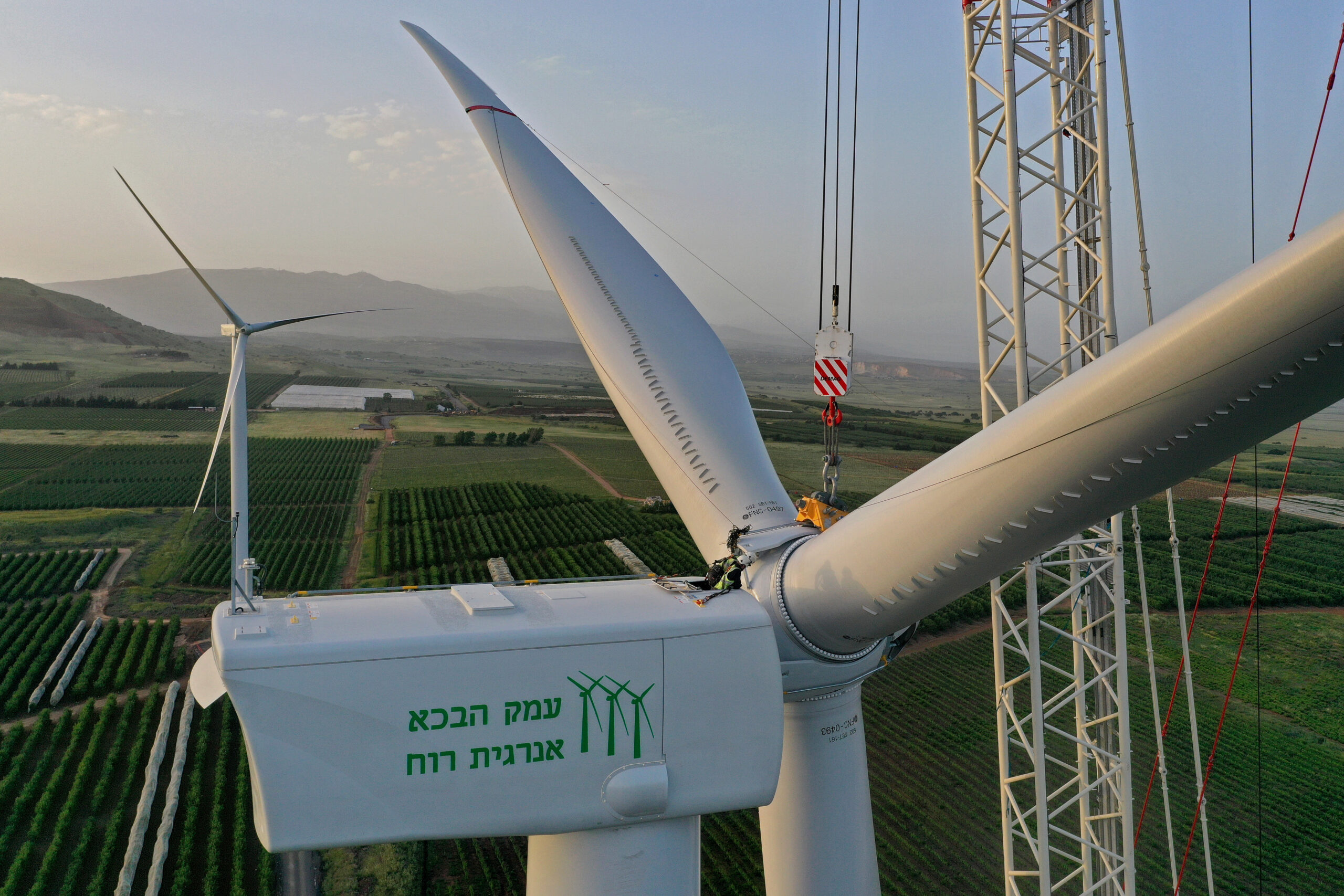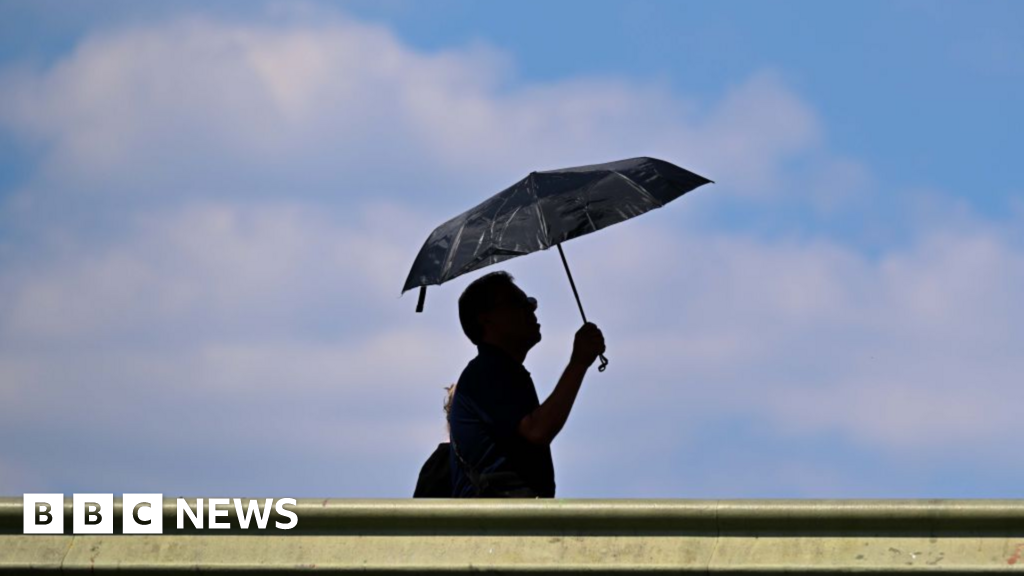
The Uneven Politics of Decarbonization in the Middle East and North Africa
In theory, this availability offers the promise of a less hierarchical and more inclusive energy politics: energy production that is less dependent on fixed reserves easily controlled by state and corporate actors. But recent initiatives to produce green energy in the Middle East and North Africa illustrate that previously existing dependencies and the predominance of private control over energy production are not often overcome—they are merely reconfigured. Green Colonial DependenciesMany countries in the Middle East and North Africa, including Morocco, Tunisia, Egypt, Jordan, Saudi-Arabia, the United Arab Emirates and Iran, are trying to turn themselves into renewable energy or regional electricity hubs. [4]When it comes to democratizing infrastructure, no country in the region is even close to exploiting the enormous potential of decentralized solar energy. The protests showed the unrealistic expectations that renewable energy projects would bring about peaceful interdependence.
Source: The North Africa Journal July 17, 2024 12:25 UTC



